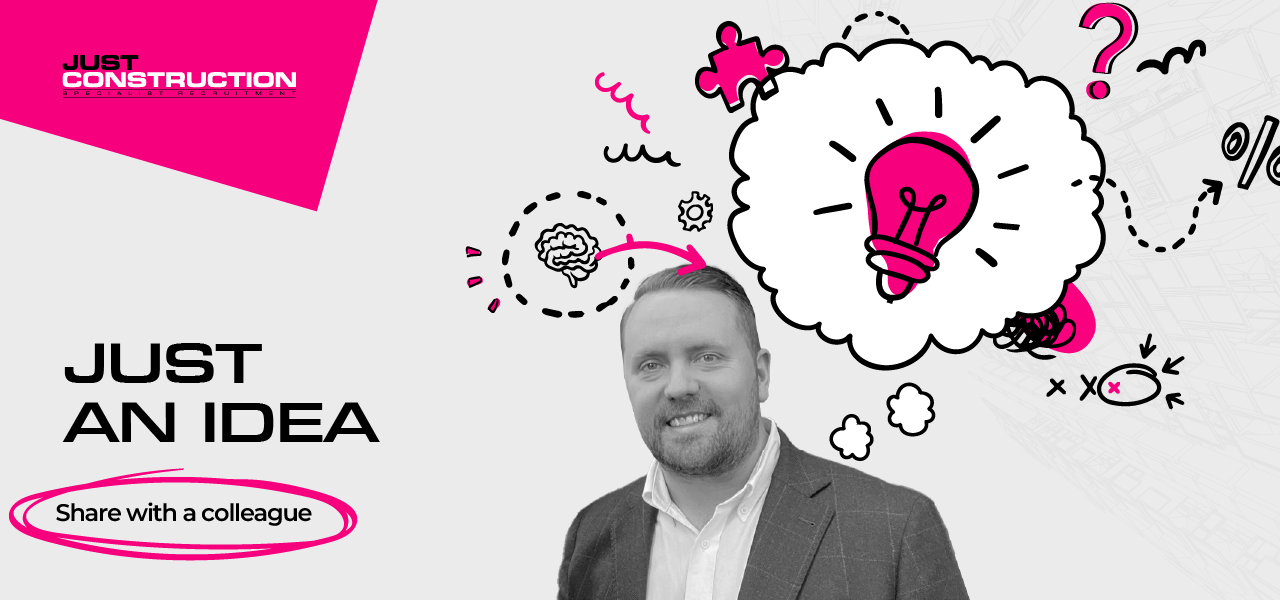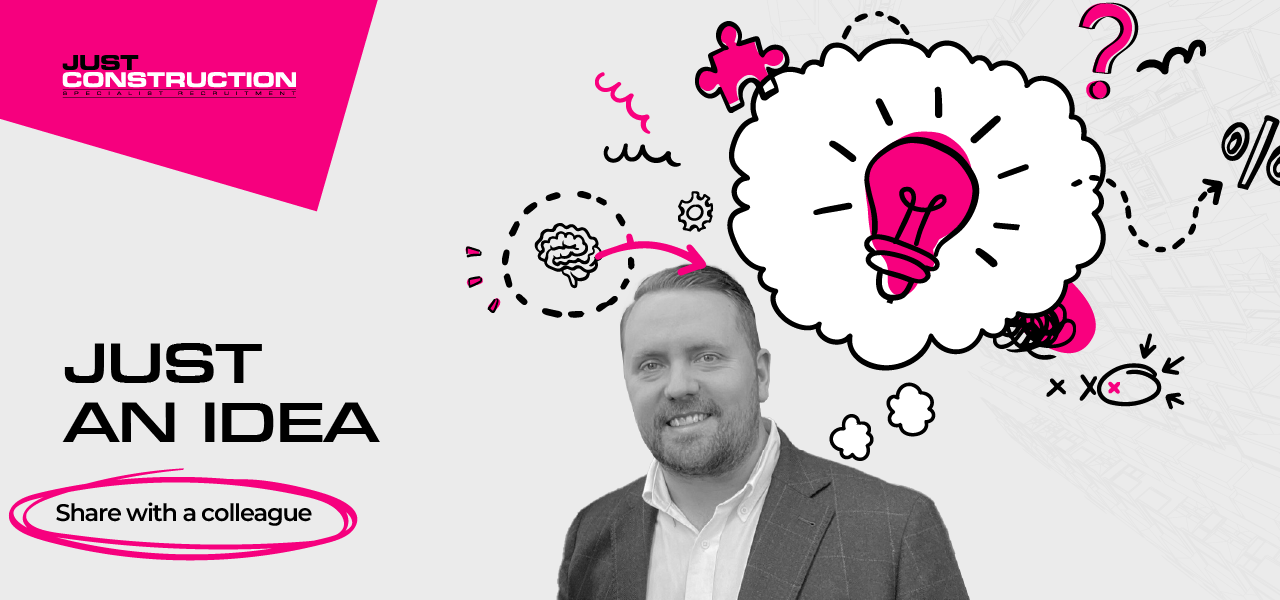Mental Health in Construction: Why Burnout, Suicide, and Silence Can’t Be the Norm Anymore
Mental Health in Construction: Why Burnout, Suicide, and Silence Can’t Be the Norm Anymore
Summary
Construction is one of the most physically and mentally demanding industries on the planet and it's costing us lives. In both the UK and the US, suicide rates among construction workers are significantly higher than the national average. In this article, we take a closer look at the mental health crisis in construction, exploring the causes of burnout, the tragic realities of suicide in the sector, and the critical gaps in support. Whether you’re managing teams on site or recruiting trades across borders, this isn’t just a wellbeing issue, it’s a workforce one.
Let’s Talk About It, Before It’s Too Late!
If you work in construction, you know how it goes: long hours, unforgiving deadlines, “get on with it” culture.
But under the surface? People are struggling. Quietly. Constantly.
In the UK, construction workers are 3.7 times more likely to die by suicide than the national average, according to Mates in Mind. In the US, the CDC reports the industry has one of the highest suicide rates across all sectors, with 56 suicides per 100,000 male construction workers.
This is the kind of stuff that doesn’t make it into toolbox talks. But it should.
Why Are So Many Still Suffering in Silence?
Culture.
That old-school, tough-it-out mentality still rules too many sites. Across both the UK and US, workers are taught to bottle it, push through, never show weakness. But here’s what that’s really causing:
- Burnout from unrelenting hours.
- Isolation on remote or subcontracted crews.
- Lack of proper mental health support on site.
- Fear of speaking up and being seen as "unfit".
We’ve built a culture where silence feels safer than asking for help. And it’s killing good people.
This Isn’t Just Personal, It’s Professional.
Let’s be clear, this is a workforce issue.
Poor mental health doesn’t just affect individuals. It affects entire teams, timelines, and businesses:
- Higher turnover.
- More absenteeism.
- Lower site productivity.
- Increased safety risks
If you're hiring in 2025, whether in London, Leeds, Boston, or Dallas, you’re already seeing the shift. Workers want more than a payslip. They want a company that gets it.
And those companies? They’re the ones that are retaining top talent.
What the Best Companies Are Doing Differently
This isn’t about overhauling your business overnight. It’s about starting somewhere.
Here’s what’s working, in real, boots-on-the-ground businesses:
- Mental health first aid training for supervisors
- UK: MHFA England
- US: Mental Health First Aid USA
- Peer support systems; so no one feels alone on site.
(Construction Industry Helpline) - Clear policies around mental health leave.
(Because if it’s not written, it’s not real) - EAPs and on-site access to resources.
(Building Mental Health Charter) - Talking about it. Regularly. Without stigma.
It’s not about being soft. It’s about being smart. And keeping people alive.
At Just Construction, We’ve Heard It All
We’re not just placing candidates, we’re listening to them. And we’ve lost count of how many have shared stories they’ve never told their employers.
People are tired. They’re overworked. Some are grieving. Some are barely holding it together.
That’s why we’re raising the alarm. Because if we don’t talk about it, nothing changes.
Final Take: Build Safer Sites. From the Inside Out.
We’ve made massive progress in physical safety over the last two decades. Hard hats, harnesses, guardrails. No questions asked.
Now it’s time to do the same for mental health.
Whether you’re running jobs in Manchester or Miami, your people need more than just PPE. They need a culture that backs them, not breaks them.
READ MORE ARTICLES








